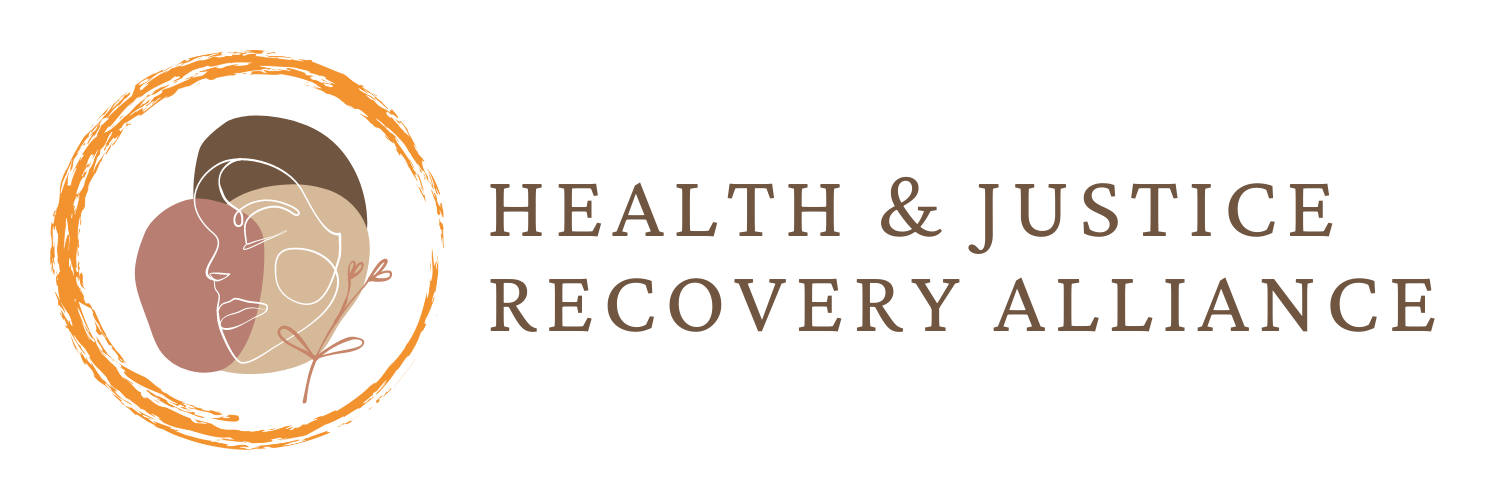Healing Happens in Community
Our Services
At HJRA, we walk alongside individuals and families on their journey toward healing and justice.
Our services are grounded in dignity, relationship, and choice — offering support that meets people where they are.
The Wellness Center
Healing the Mind, Body, and Spirit
At the Wellness Center, we offer wraparound services that support healing in every form — emotional, physical, spiritual, and relational. Whether you’re navigating early recovery, parenting challenges, or mental health needs, our care is rooted in dignity, respect, and partnership.
We meet people where they are, offering practical tools and compassionate guidance to help individuals and families stabilize, grow, and thrive.
-
Strong families are the foundation of healing. Our programs support parents in building safe, connected, and nurturing homes.
Doula & Postpartum Support
Emotional, physical, and informational care during birth and early parenthood.Promoting First Relationships
Early bonding and secure attachment between parents and young children.Parenting Plan Navigation
Guidance for understanding and implementing parenting plans.Home Visiting
In-home support for families building stability and healing in recovery.
-
Emotional wellness is possible with the right tools and community. We offer care that honors your story and builds on your strengths.
Therapeutic Support
Counseling and therapy are tailored to your needs.Peer Support
Connect with someone who’s been there — because recovery doesn’t have to be lonely.Psychoeducational Support Groups
Learn, grow, and heal with others in facilitated group settings.
-
Recovery is more than treatment — it’s building a life you don’t want to escape from.
Addiction Recovery Support
Holistic, person-centered recovery services.Housing Support
Help finding and keeping safe, stable housing.Financial Coaching
Tools to build economic resilience and break cycles of poverty.Reentry Coordination
Support navigating the justice system and returning to the community.Court Navigation
Support during family or criminal court processes, and connections to legal or social services that can walk with you through it.
Therapeutic Residential Recovery
A Safe Place to Heal — Together
HJRA’s therapeutic residential program offers real homes — warm, safe, and supportive spaces for women and their children to live for 6 to 18 months. Residents are part of a structured, recovery-focused environment with clear expectations and shared responsibilities that support healing and stability.
With access to all HJRA services and a strong sense of community, residents also take part in cultural events, shared meals, and celebrations that foster connection and belonging.
-
Substance Use Recovery
Evidence-based treatment and holistic care planning.Wellness & Treatment Planning
You’ll co-create a pathway to healing that reflects your goals.Case Management & Care Coordination
Compassionate guidance to help navigate services, systems, and daily life.
-
“Mommy & Me” Programming
Strengthening the bond between mother and child in a therapeutic setting.Promoting First Relationships
Tools for early childhood connection and development.Parental Development Coaching
Support in growing into the parent you want to be.
-
Education & Job Training
GED support, vocational coaching, and readiness for meaningful employment.Re-Licensing Support
Help navigating driver’s license reinstatement and related issues.
Community Outreach Programming
Meeting People Where They Are
Healing doesn’t always begin inside our walls — that’s why HJRA brings support directly into the community. Our outreach teams walk alongside people in shelters, encampments, recovery centers, and public spaces, offering connection, care coordination, and basic resources.
Through trusted relationships and culturally responsive services, we help individuals access housing, food, health care, and the support they need — on their own terms, and at their own pace.
-
Domestic Violence & Trafficking Outreach
Safety planning, support, and advocacy for survivors.Houseless Services
Coordinated support for people experiencing homelessness.
-
Community Care Coordination
One-on-one guidance for finding and accessing needed services.Housing Navigation
Help locating and maintaining secure housing.Job Training Navigation
Coaching and connection to employment resources.
-
Resource Bank
Hygiene products, clothing, and outdoor gear available to those in need.Food for All / Micro-Urban Farming
Fresh produce and community-based food support.








